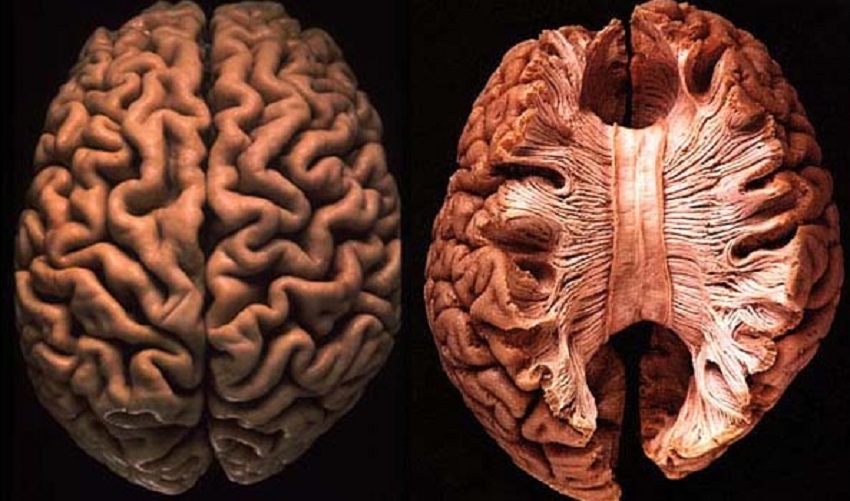It has been uncovered that sleep deprivation can make the human brain literally eat itself. This discovery was made after a study attempted to identify the effects of sleep deprivation in mice.
The study found that the brain immune cells designed to destroy and digest depleted cells work excessively in mice that were exposed to choric sleep deprivation.
Michele Bellesi, the brain behind this study told New Scientist that the excessive work done by the brain immune cells may be advantageous in the short term. This is so because removing potentially harmful debris and reconstructing depleted cells have the potential of ensuring healthy brain connections, Bellesi explained.
But then, the scientist striving to understand the mechanisms and functions of sleep buttressed that the case might be different in the long run. It may cause harm, such that points to the relationship between chronic lack of sleep and neurological disorders or diseases like Alzheimer.
From our gatherings, Bellesi and his team at the Marche Polytechnic University in Italy evaluated the brains of mice that were kept awake for 120 hours and compared it to that of those that were allowed to sleep freely. Bellesi reached this conclusion after studying the effects of sleep deprivation in mice.
Precisely, Bellesi’s team scrutinized the glial cells known as the supportive cells which surround neurons and provide support for and insulation between them. There are various types of glial cells. They include the satellite cells, oligodendrocytes, ependymal cells, Schwann cells, microglia, and astrocytes cells.
Among other roles, the Astrocytes clear out depleted cells and debris. Bellesi and his guys discovered that these cells were more active in mice that were exposed to sleep deprivation. It broke down more of the brain’s connection than necessary.
“We showed for the first time that portions of synapses are literally eaten by astrocytes because of sleep loss,” Bellesi remarked.
Read Also – More Sex in Old Age is Secret For Sharper Brains: Scientists Say
Also, Bellesi and his guys discovered that the microglial cells were more active after chronic sleep deprivation.
The scientist asserted that the microglial finding is disturbing as previous studies have linked excessive microglial activity to a variety of brain disorders. “We already know that sustained microglial activation has been observed in Alzheimer and other forms of neurodegeneration,” he said.













